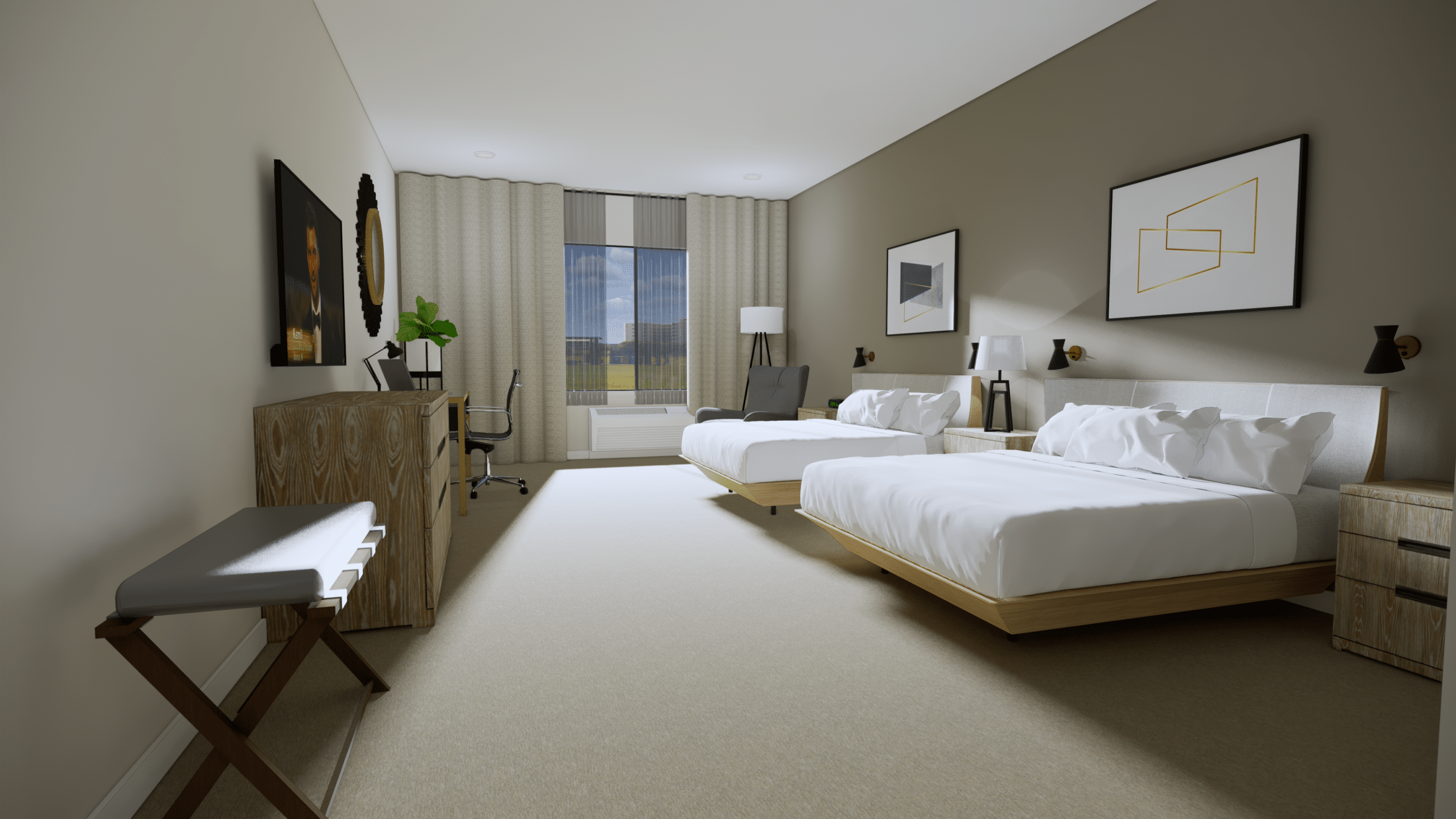In today’s dynamic real estate market, adaptive reuse properties present a unique opportunity for revitalizing underutilized buildings and contributing to community sustainability. This process involves transforming non-residential properties into vibrant, rent-generating residential assets, creating homes for working-class individuals and young professionals. As cities in the US evolve and the demand for residential space increases, building conversions have become a cornerstone for urban development, offering a sustainable alternative to new constructions.
Understanding Adaptive Reuse
Adaptive reuse refers to the process of repurposing buildings for a use that is different from what was originally intended. This practice not only preserves historical and architectural significance but also reduces the environmental impact associated with demolition and new construction. Adaptive reuse contractors specialize in this niche, turning properties such as outdated hotels or underused office buildings into residential units.
The Shift from Hospitality and Office to Residential
In particular, the conversion of extended stay or limited service hotels and office buildings into residential properties is gaining traction. These transformations are driven by the need to address housing shortages while making use of existing structures. For example, conversion of hospitality to residential rooms offers a feasible solution by reconfiguring hotel rooms into apartment units, often with minimal structural changes. Similarly, the transformation of office spaces into residences; office to residential, is propelled by changing work patterns, including the rise of remote work, which has decreased the demand for traditional office spaces.
Benefits of Adaptive Reuse
The benefits of adaptive reuse are manifold. Economically, it allows property owners and investors to tap into the existing infrastructure, significantly reducing the costs and time associated with new constructions. Environmentally, it conserves resources and reduces waste, supporting eco-friendly development practices.
The Role of Adaptive Reuse Contractors
Adaptive reuse contractors play a pivotal role in this sector. They bring specialized expertise in building conversions, which includes both interior and exterior renovations. These professionals work closely with property owners, city planners, and MEP contractors during the due diligence period to define the scope and vision of the project. Their knowledge of market trends and material sourcing can lead to significant cost savings and ensure that projects are executed efficiently, allowing for a quicker lease process and faster time-to-market.
Phased Approach in Adaptive Reuse
Adaptive reuse projects typically require a phased approach. This strategy allows units to be converted and leased progressively, ensuring that cash flow begins as soon as the first units are available, while renovations continue elsewhere in the building. Such an approach minimizes financial risks and provides immediate returns on investment, which is crucial for the long-term success of any real estate venture.
Vision for the Future
The future of adaptive reuse is bright, with endless possibilities for innovation in how we think about living spaces and community design. As urban areas continue to grow and change, the flexibility offered by adaptive reuse will be key to meeting housing demands in a sustainable and economically viable way. For investors, grasping the full potential of adaptive reuse and collaborating with skilled and reliable renovation contractors can lead to substantial rewards, including the stabilization of communities and an increase in property values.
Adaptive reuse stands out as an alternative investment in today’s expensive multifamily real estate landscape, offering a blend of historical preservation, environmental stewardship, and economic opportunity. Whether it’s transforming hotels into multifamily or repurposing office buildings into residential spaces, the potential for adaptive reuse is limitless. With the right vision and expertise, these projects can turn underutilized buildings into thriving communities. At Renu, we collaborate with property owners and take up various adaptive reuse projects to create sustainable living solutions. Connect with our team to know more.
#Mulitifamily #Multifamilyrealestate #multifamilyrenovations #phoenix #orlando #atlantarealestate #losangeles #houston #sandiego #dallas #austin #investmentproperty #Propertymanagement #investing #investor #multifamilyhousing #apartmentinvesting #multifamilyinvesting



